
OR
Opinion
Caste system and religious conversion in Nepal
Published On: August 21, 2023 08:45 AM NPT By: Sushant Nepali
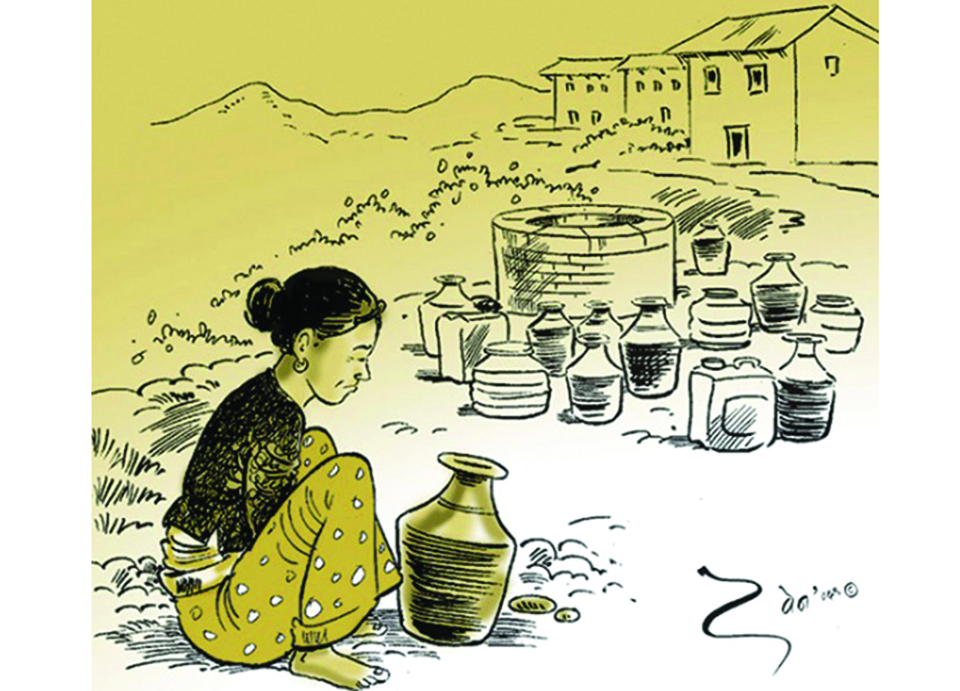

Sushant Nepali
The author is an advocate currently working with the Team of Sumana Shrestha, Member of the Parliament under the Daayitwa Nepal Public Policy Fellowship Program 2023.news@myrepublica.com
The Dalits have been facing discrimination and atrocities in different forms, both collectively and individually. They are still being denied entry to upper-caste houses, temples, and public places. If they attempt to enter, they are tied up, beaten, tortured, and even raped, sometimes leading to death as well. Recently, a Dalit’s house was burned down because a girl from an upper-caste family eloped with him. The news of Dalit individuals being denied to rent a room in Kathmandu is often heard. In 2020 alone, there were 33 recorded cases of discrimination or violence against the Dalits, according to Nepal Monitor, a human rights organization. The Dalits have been enduring all kinds of hate and oppression just because they carry the identity of being an ‘untouchable’, a burden imposed by the caste structure of Hinduism.
Now, let’s think rationally: would they be wrong if they chose to convert to other religions?
As I choose to see it, religion is a matter of faith, not an obligation. People’s faith or belief can change over time. As Dr BR Ambedkar once said,‘Religion is for man and not man for religion’. When someone loses trust in their belief system, they often search for other options. Whether or not to change their religious beliefs is entirely a personal choice. And, that choice is driven by different factors, like seeking liberty and freedom, a better life, improved facilities, peace of mind, or no longer relating to the ideologies of their ancestral religion. Moreover, some people choose to convert to escape poverty, stigma, and the atrocities associated with their ancestral religion. If someone is not able to put their trust in their ancestral religion or if their religion is the factor they are facing all the hate, they are not obliged to follow it. Just because you were assigned Hinduism by birth doesn’t mean you have to follow the same religion until your death. Everyone has got the power of choice.
The more important question we should ask ourselves is: Are we ready to respect the decision of those individuals?
The constitution protects and respects the right to religious freedom. It protects one’s freedom to profess, practice, and preserve their religion according to their faith. One can freely exercise their assigned religion, choose to convert to other religions, practice multiple religions at the same time, or believe in no religion at all. It has always been a matter of choice; it doesn’t matter if we like it or not.
In our society, it is commonly seen that people from the Hindu religion choose to convert to Christianity or Buddhism. In 1951, there were no Christians in Nepal and there were just 458 in 1961. But by 2011, there were nearly 3,75,699 and the latest census estimates the community is now around 5,12,313. But what could be the main factor behind this change? From my understanding, the caste structure in Hinduism plays a significant role in religious conversions. In Hinduism, the caste structure has been systematized in such a way that it has unequalized equally born humans, labeling them as Brahmins, Kshatrayias, Vaishayas and Shudras, with the latter being designated as the untouchables. The Dalits belong to the Shudra category and are routinely denied access to religious sites; they face resistance to inter-caste marriages; and experience non-acceptance of water touched by them; and the list of discriminatory practices goes on.
Now, let’s set aside our inherent privileges, and think rationally, would you want yourself and your children to go through these kinds of hate and atrocities? Would you not choose to get rid of this identity if given a chance? This is something worth thinking about.
Dr BR Ambedkar, the main architect of the Indian constitution, consistently advocated for the annihilation of the caste system. In order to achieve this, the entire foundation of Hinduism needed to be challenged. However, it was a difficult task as the caste system in Indian society was so deeply rooted that one man could only challenge it, not annihilate it. He also believed that conversion was the only way for the Dalits to break free from the caste system, which posed a threat to their dignity. He used to say, ‘I was born a Hindu, but I will not die a Hindu’. In October of 1956, he himself, along with over 3,65,000 Dalit followers, converted to Buddhism. And the sole reason behind this conversion was the caste system endorsed by Hinduism.
It is essential for us to understand that if being a part of a religion deprives anyone of their basic rights and due respect, why would they continue to be a part of it? It’s a very simple logic: the very foundation of the caste system in Hinduism is based on inequality. If a person doesn’t feel equal and humiliated time and again just because of their ancestral identity, it’s a valid decision to leave their ancestral religion and adopt another religion or choose not to follow any religion at all.
The so-called upper-caste individuals might fail to understand the rationale behind such decisions because their understanding is blocked by their inherent privileges. They find comfort and relief in Hinduism but might fail to notice the discomforts, humiliation, and challenges faced by the Dalits. Dr Ambedkar also said, ‘Only a fool can say that one should cling to one’s own religion only because it is ancestral. No sane person can and should accept such an argument’.
As we discuss conscious religious conversions, it is important to address forceful conversions as well. First of all, proselytizing is prohibited by the Constitution and the National Penal Code. It is often argued that, in Nepal, Christian missionaries are allegedly engaging in forceful conversions of the poor and the marginalized Hindu population by luring them with monetary and other material enticements. The right to change religion is protected by our constitution, and everyone is entitled to hold and change their beliefs. As I mentioned earlier, the change is driven by various factors. If the Christian missionaries are genuinely helping the poor and the marginalized communities to overcome poverty and indignity in exchange for their loyalty to Christianity, one should not have a problem with such conversions. After all, people are experiencing positive changes in their lives due to such conversions, which raises questions about why society is not ready to accept such conversions.
When someone from a privileged upper-caste community claims that the Hindu religion is under threat due to such conversions, it is important to question whether or not they are aware of the disrespect and atrocities faced by individuals within their own religious system. Kamal Thapa, a prominent leader of Nepal and an advocate of a Hindu nation, argues that ‘the cultural identity is at stake; converting people into Christianity is not a case of religious freedom but a case of exploitation in the name of religion. While saying this, what he fails to acknowledge is the generational exploitation being faced by the poor and the marginalized communities due to the caste system endorsed by the bigoted and oppressive individuals or groups of the same Hindu religion.
While forceful conversions should be condemned, we need to acknowledge the sufferings and horrors faced by the Dalits and other marginalized groups. It is important that we empathize with their struggles and recognize that if conversion liberates them from the chains of poverty and caste structure, it becomes a justifiable option worth considering. When people find their children being provided better education and improved facilities, it raises the question of why one shouldn’t invest their trust into a new belief system. We need to think from a rational perspective, keeping aside our inherent privileges, that one can indeed practice the faith of their own choice and envision a society where individuals can freely explore their faith, unburdened by discrimination and oppression.
You May Like This
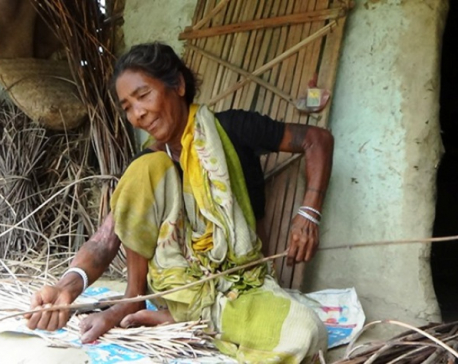
We are Nepali at heart despite changed identity: Indians of Nepali origin
KHUTAUNA, (Bihar), April 28: Two blue boards reading ‘Pahadi Tola’ hang on both sides of the entrance gate of Khutauna... Read More...
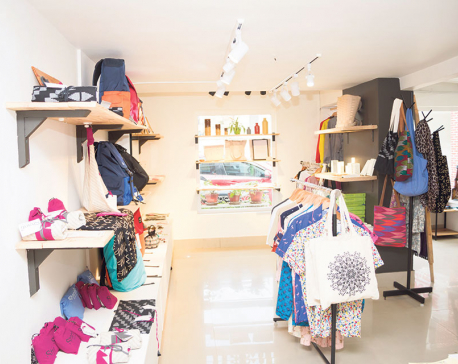
Nepali Market for Nepali Products
KATHMANDU, Oct 19: It is not necessary that there is a back story behind every business. The Local Project started as... Read More...

Nepali Embassy in UAE holds talks to promote Nepali products
UNITED ARAB EMITRATES, Feb 24: Nepali Embassy in the United Arab Emirates (UAE) has held an interaction program in a... Read More...




Just In
- NEA Provincial Office initiates contract termination process with six companies
- Nepal's ready-made garment exports soar to over 9 billion rupees
- Vote count update: UML candidate continues to maintain lead in Bajhang
- Govt to provide up to Rs 500,000 for building houses affected by natural calamities
- China announces implementation of free visa for Nepali citizens
- NEPSE gains 14.33 points, while daily turnover inclines to Rs 2.68 billion
- Tourists suffer after flight disruption due to adverse weather in Solukhumbu district
- Vote count update: NC maintains lead in Ilam-2







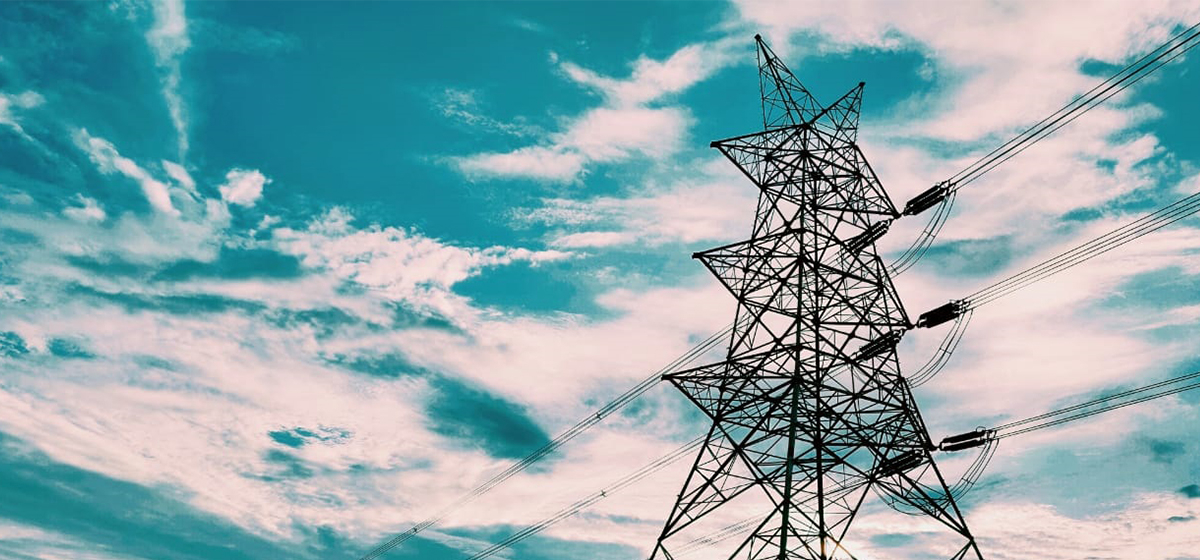




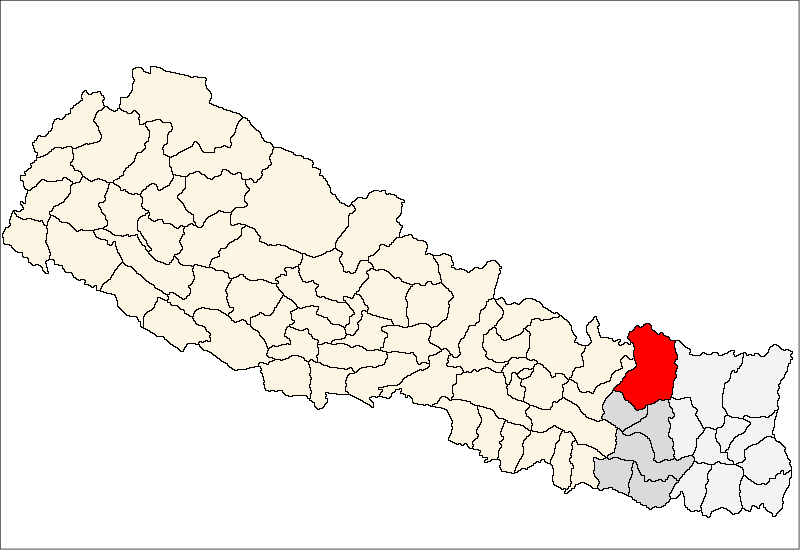
Leave A Comment